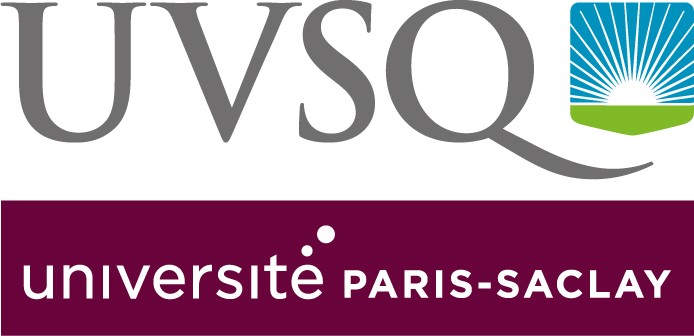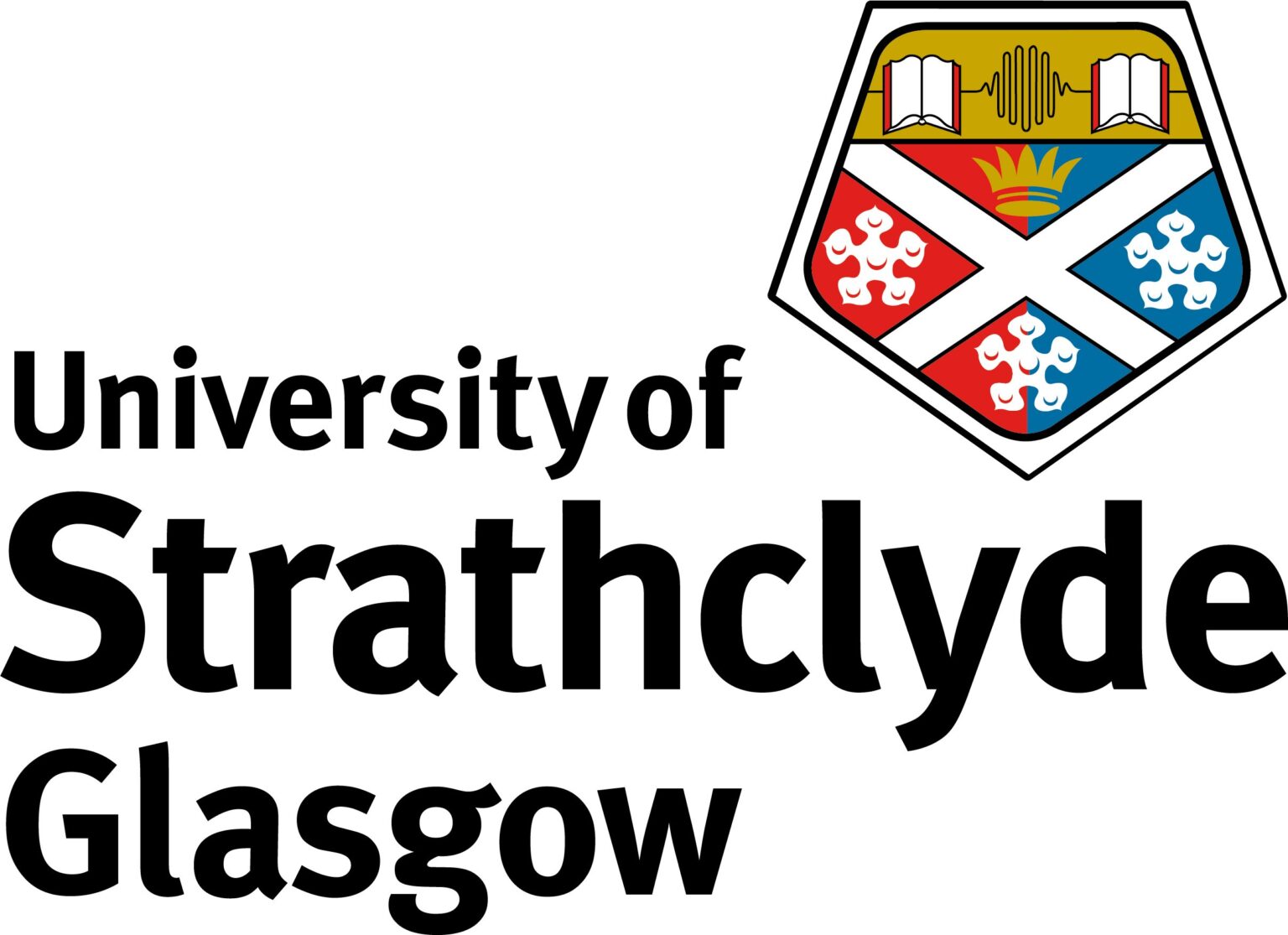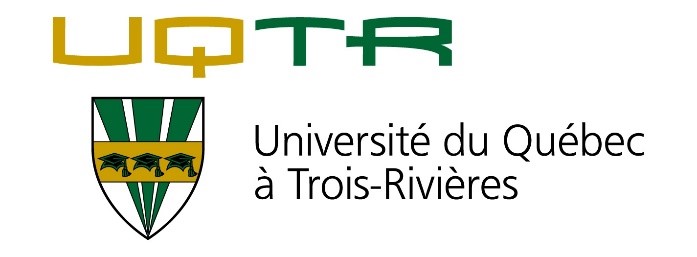England & Wales - Information on Country Independent Police Complaints Bodies
Overview
There are 43 territorial police forces in England and Wales, each with their own professional standards department (PSD) or similar system. The College of Police sets national standards for these teams through the Authorised Professional Practice (APP) guidelines (College of Policing, 2024). There remain some local variations, e.g. around composition of the teams and local scrutiny. Each Territorial force is overseen by either a Police and Crime Commissioner, or the Mayor's Office (where one exists). PCCs and Mayoral staff overseeing police can (with local variation) have direct involvement in complaints systems.
Members of the public wishing to make a complaint about the police are directed first to the PSD of their local force. The complaint will either be recorded under Schedule 3 (a formal complaint) or outside sch.3. If they are unhappy with the outcome, once the police have communicated a final decision, they can request a review of complaint by the Chief Constable and/or Independent Office for Police Conduct (IOPC) [in pre-2020 terminology an appeal request]. Only those recorded under Sch.3 are applicable for review by IOPC. If dissatisfied with local resolution, the complainant must request re-examination under sch.3 before requesting a review. Police officers and staff cannot make a complaint concerning the force they are serving in.
The IOPC will not investigate the cause for complaint, only the way in which the police force or organisation originally handled it. They can then make various recommendations, e.g. for re-examination, or to say that the case was handled satisfactorily.
IOPC provide police complaints oversight for all 43 police forces, specialist forces such as Civil Nuclear Constabulary, and some other organisations such as His Majesty's Revenue and Customs (HMRC), the National Crime Agency (NCA), and the Gangmasters and Labour Abuse Authority (GLAA). They can also investigate criminal complaints against PCCS, their staff and those contracted by police. (IOPC, 2024).
As well as a central office, they operate across 6 regional hubs covering London (Canary Warf), South East (Croydon), Midlands (Birmingham), Wales - which includes SW England (Cardiff), North East (Wakefield) and North West (Sale). In addition to complaint reviews, the IOPC receive direct referrals about serious matters from Chief Constables, PCCs, or requests to investigate in criminal matters from the Crown Prosecution Service (CPS). These investigations can include situations that have produced complaints.
Uniquely to England and Wales, a Super Complaintstructure is in place to handle formally submitted complaints by 'designated bodies' (listed in Home Office, 2024), which cover matters of policing policy or procedure not being adequately followed on a wider scale. The IOPC, alongside the College of Policing and His Majesties Inspectorate of Constabulary and Fire & Rescue Service (HMICFRS) handle and produce responses to these Super Complaints
An "Annual Police Complaints Statistics for England and Wales" (IOPC, 2023) report provides data on complaints received by the 43 forces, the work of the IOC in relation to reviews and referral investigations is published annually in their "Annual Report and Accounts (IOPC, 2024). Up until the 2020 report, statistics for previous years were reported alongside the current year. In February 2020 significant changes to the complaints system were implemented, and since then, the IOPC reports only for the current year. Data for 2020-21 covers both systems which creates further problems for any comparative work across time.
Key Data
1. Total complaints received (combined 43 police forces)
Chart 1 below shows total complaints received by the 43 territorial police forces, and BTP in the past two years (since legislative changes). It shows an increase in cases logged, and in numbers of distinct allegations within the cases, but a decrease in those subsequently deemed to fall under schedule 3, formal complaint, suggesting an increase primarily in informally resolved cases. More people also complained, about slightly more police officers/staff in 2022-23.
Chart 1: Complaints, Allegations and People 2021-2023. (Data: IOPC, 2022 & 2023).

2. Allegation types
IOPC report in depth about types of allegations, demographics of complainers, those complained about, and outcomes of cases in their report. For illustrative purposes here, chart 2 shows (as reported in IOPC (2022 & 2023)) the 5 most common allegation types reported. The pattern remains largely the same across both years, with Delivery of Duties dominating reports with 54% and 55% respectively, police action following contact, and general level of service being the most common sub-types of this category. Within the next most common category, Police powers, policies and procedures , the most common sub-types noted are related to powers to arrest & detain, detention in custody and search/seizure. Individual behaviours covers interpersonal conduct such as unprofessional attitude, impolite tone etc…
Chart 2:Most Common Allegation Types Logged (%) (2021-2023). (Data: IOPC, 2022 & 2023).

3. Complaint reviews
The majority of complaint review requests continue to be submitted to the local policing body, rather than IOPC, a pattern which also remains constant in data pre-2020 (IOPC, 2021).
Chart 3: Review Requests 2021-2023. (Data: IOPC, 2022 & 2023).

4. Referrals
Mandatory referrals constitute 96% of those recorded in chart 3 from 2021-2023. Mandatory referrals cover a wide range of serious incidents involving police or individual officers/staff, criteria are outlined here. Voluntary referrals are for example where the Chief Officer considers it to be in the public interest to have independent investigation.
Chart 4: Total Referral Received 2017-2023. (Data: IOPC, (2024)).

The IOPC can also self-initiate investigations and thematic investigations where they deem it in public interest or to improve policing. They also handle several high profile, complex investigations such as the Hillsborough Investigations into the unlawful killing of 96 Liverpool Football fans.
Chart 5 below shows referrals to the IOPC from PCCs, from Police and Crime Panels (PCPs) and from other organisations within their remit (HMRC, NCA, Home Office and GLAA combined total). PCP referrals are complaints against a PCC or their staff.
Chart 5: Referrals from other Organisations 2021 -2023. (Data: IOPC, (2024)).













